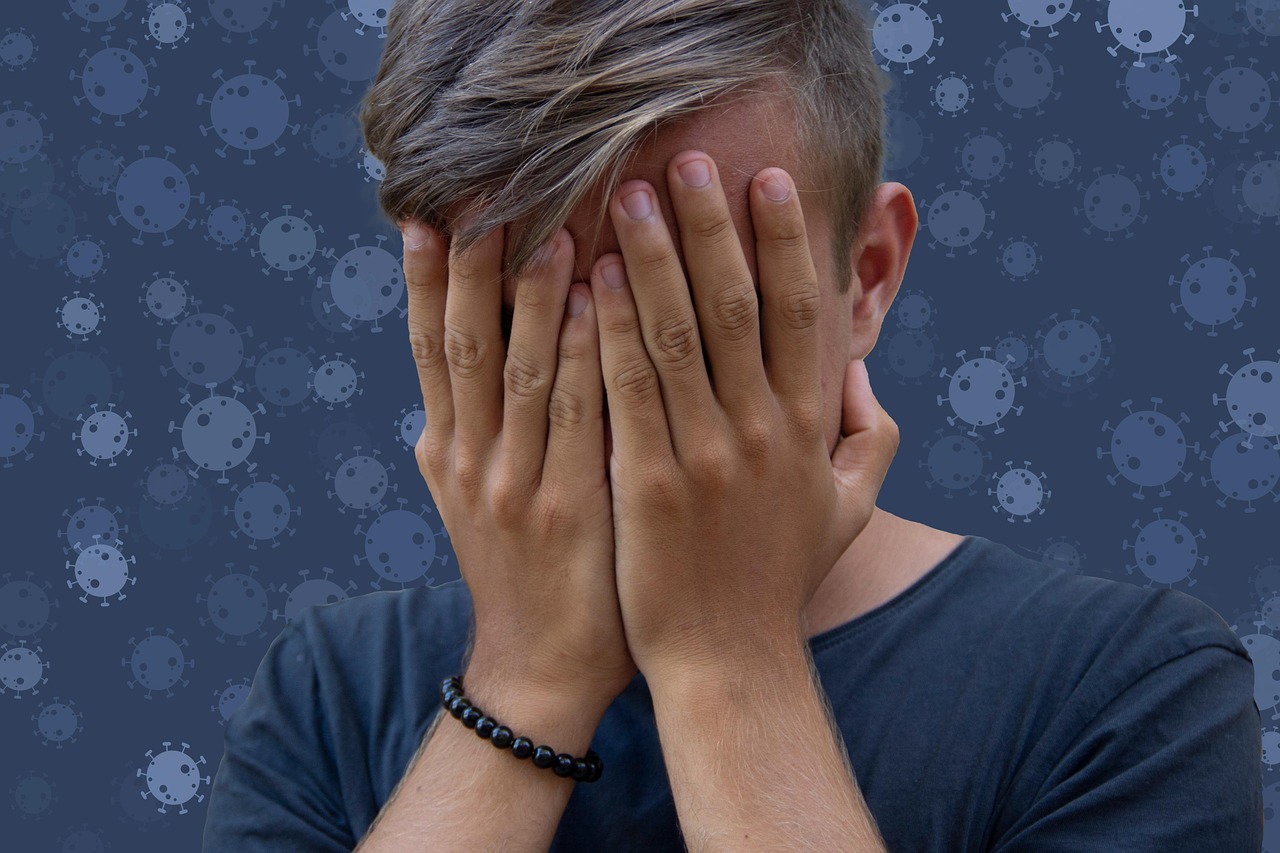
From glowing skin to boundless energy, teenagers may look like the picture of health. But are appearances deceiving? Recent insights into teen health myths suggest many adolescents could be silently struggling—with anxiety, sleep loss, and unspoken stress—even if they seem fine on the surface.
This blog explores how physical vitality can mask mental stress, hormonal shifts, sleep issues, and invisible illnesses that many teens don’t talk about—even to themselves.
The Illusion of Teen Health
Teenagers are biologically designed to rebound fast. Their metabolism runs high, wounds heal quickly, and energy seems endless. But this surface-level vitality can be misleading.
Studies from the CDC show:
- One in five teens has a diagnosed mental health disorder
- Over 70% report experiencing stress or anxiety regularly
- Many teens underreport pain, fatigue, or emotional struggles
Just because teens look healthy doesn’t mean they’re not overwhelmed, exhausted, or emotionally drained.
Mental Health: The Silent Struggle
Adolescents often don’t have the language, tools, or safe spaces to express what they’re going through. Depression, anxiety, and even suicidal ideation can be hidden behind good grades, athletic performance, and social smiles.
Key signs often go unnoticed:
- Irritability mistaken for moodiness
- Withdrawal labeled as independence
- Sleep changes blamed on “teen habits”
A 2024 survey by Mental Health America found that 63% of teens felt emotionally overwhelmed, yet less than 20% had talked to an adult about it.
Social Media Masks and Digital Facades
Platforms like Instagram and Snapchat allow teens to curate health—sharing perfect angles, high-energy moments, and gym selfies while hiding:
- Disordered eating
- Sleep deprivation
- Cyberbullying
- Substance use
Online presence often contradicts real-life wellness. The pressure to appear healthy and “put together” can become a mental health risk on its own.
Hidden Sleep Deprivation in Adolescents
One of the most underestimated teen health issues is chronic sleep deprivation. Because teens are resilient, they often function well in sleep debt—but it comes at a cost:
- Memory and focus decline
- Hormonal imbalances
- Weakened immunity
- Mood dysregulation
Teens need 8–10 hours of sleep, but many average only 6–7 hours, especially during the school week.
Diet and Exercise: Healthy Appearance ≠ Healthy Habits
Just because a teen is thin or athletic doesn’t mean they’re nutritionally balanced or mentally well. Many teens:
- Skip meals or binge at night
- Follow restrictive “TikTok diets”
- Over-exercise to control body image
The pressure to conform to body ideals often leads to silent struggles with body dysmorphia and disordered eating—even in those who seem active and vibrant.
Undiagnosed Conditions Teens Often Hide
Teenagers may normalize or ignore symptoms like:
- Chronic fatigue
- Migraines
- Gastrointestinal issues
- Joint pain
- Brain fog
Conditions like PCOS, IBS, autoimmune conditions, and anxiety disorders often go undetected because teens don’t speak up—or don’t realize it’s abnormal.
Hormones, Growth Spurts & Emotional Overload
Adolescents undergo massive biological transformations:
- Estrogen and testosterone spike
- Brain undergoes rewiring in the prefrontal cortex
- Emotional intensity increases
This hormonal turbulence can lead to behavior shifts that look like defiance but may be hormonal dysregulation, anxiety, or exhaustion.
Why Routine Screening Often Misses the Mark
Even annual checkups may not capture the whole story. Teens often:
- Say “I’m fine” to avoid vulnerability
- Minimize symptoms in front of parents
- Avoid talking about sexual health or mental wellness
That’s why it’s essential to go beyond BMI and blood pressure. Holistic care—integrating mental, emotional, and social health—is critical.
Final Thoughts
So, are teens truly healthier than they seem? Maybe. But more often, they’re just better at hiding what hurts. From internalized stress to body image struggles and hormonal imbalances, teens face complex challenges masked by youth.
The solution isn’t just more health screenings—it’s building trust, creating safe spaces, and normalizing mental health dialogue. Teens may bounce back faster than adults, but they still need deep care, attentive listening, and emotional validation.
FAQs
Why do teens seem healthy even if they’re struggling?
Teen bodies recover quickly, but mental and emotional challenges are often hidden beneath energy and appearance.
What are signs a teen might be struggling mentally?
Look for irritability, changes in sleep, withdrawal, or academic decline. These can signal emotional overload.
How can parents or caregivers encourage openness?
Create non-judgmental space, ask open-ended questions, and avoid immediate solutions. Validation builds trust.
Are sleep issues common among teens?
Yes. Most teens are sleep-deprived due to academic pressure and screen time. Chronic lack of sleep can harm physical and mental health.
Should schools screen for mental health as well as physical health?
Absolutely. School-based mental health programs and screenings can help catch issues early—before they escalate.
